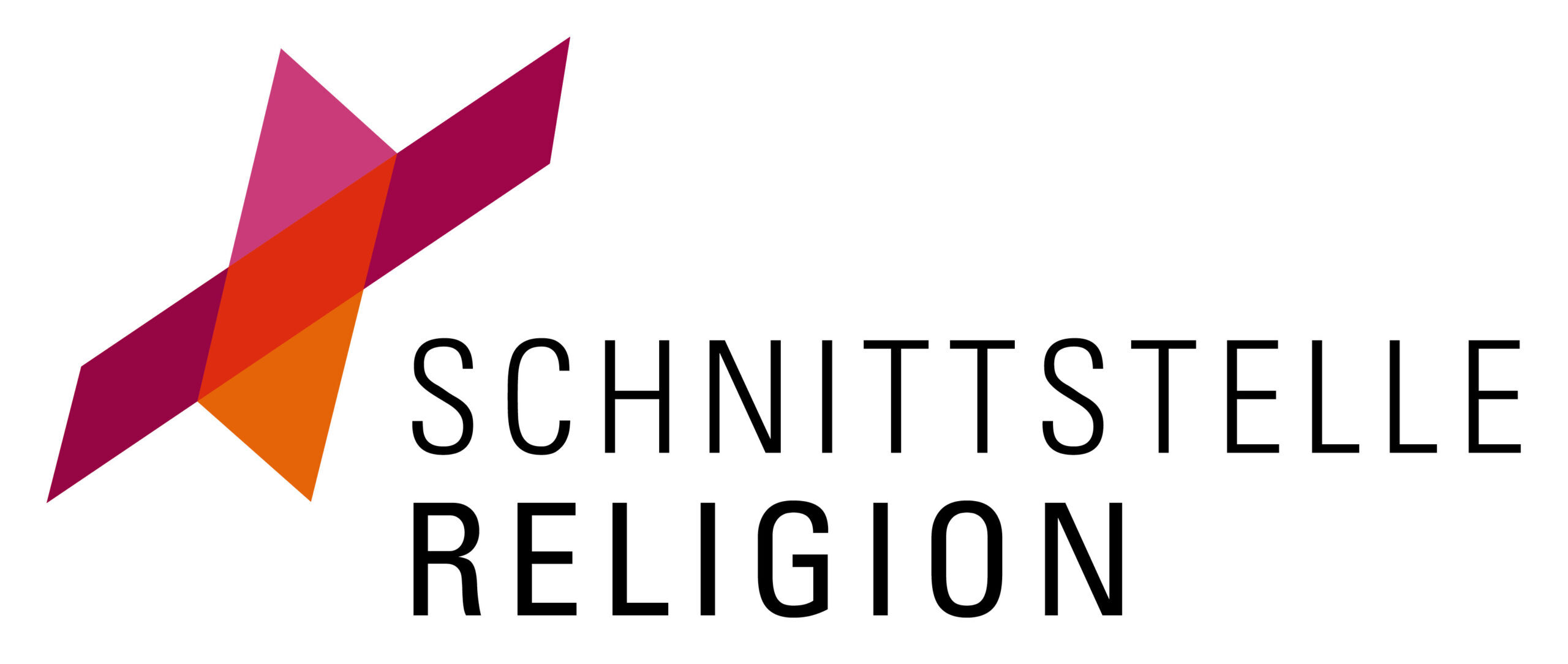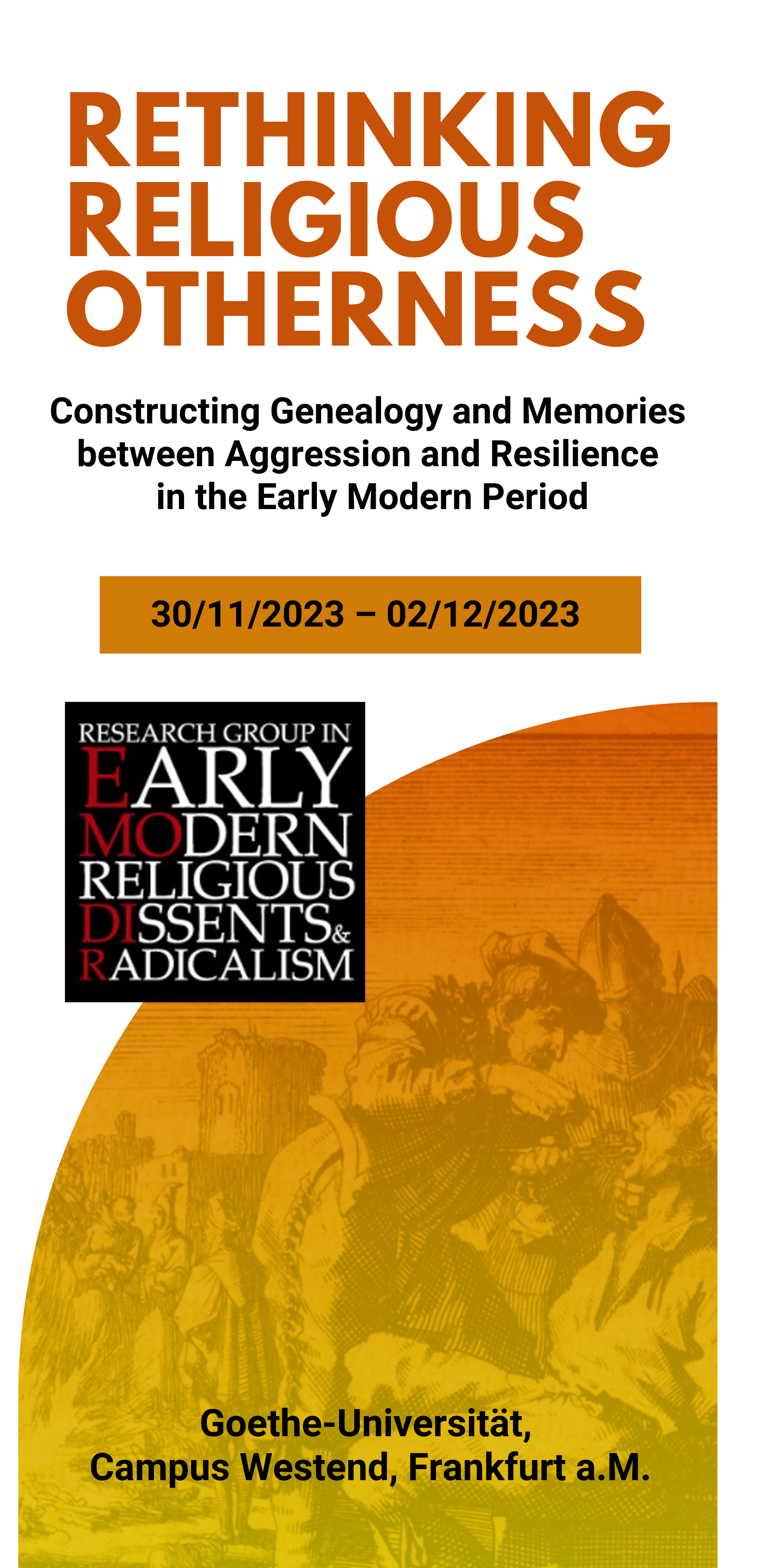November 30, 2023 @ 14:00 – Dezember 2, 2023 @ 13:00
The Early Modern period can be fairly described as a time characterised by religious conflict, dissent, aggressions, persecutions and different forms of harassment. Many religious communities suffered these, Catholics in Protestant countries, Protestants in Catholic regions, and dissenters and non-Christian minorities throughout Christian Europe. If on the one side, persecutors used violence to extirpate error or heresy, punish and marginalise or redeem and convert the persecuted, the latter often transformed the suffering they endured to construct their own identity and to tighten community bonds.
This is most evident, for instance, in theproduction of martyrologies, chronicles, treatises and specific artefacts. The historiographical literature on the dynamics of religious persecution is certainly large, but two research questions seem to have received less scholarly attention: to what extent mediations, negotiations, and accommodations between the persecutors and the persecuted played a crucial role increating religious identities alongside coercion and persecution; and how can we take into account discussions that permeate both today’s scholarly and public debate around the political use of genealogy, the fluidity of identities and the problematic standpoint of “affectedness”. Can we go beyond the stereotypical narrative of the winning persecutors against the defeated persecuted without ignoring or even glossing over power relations? If so, what stories can reconstruct the complex nature of persecutor-persecuted relations? How can intersecting power relations be accounted for?
Konferenz organisiert von Xenia von Tippelskirch, Martina Mampieri, Francesco Quatrini, Helena Wangefelt Ström und Chiara Dainche.

